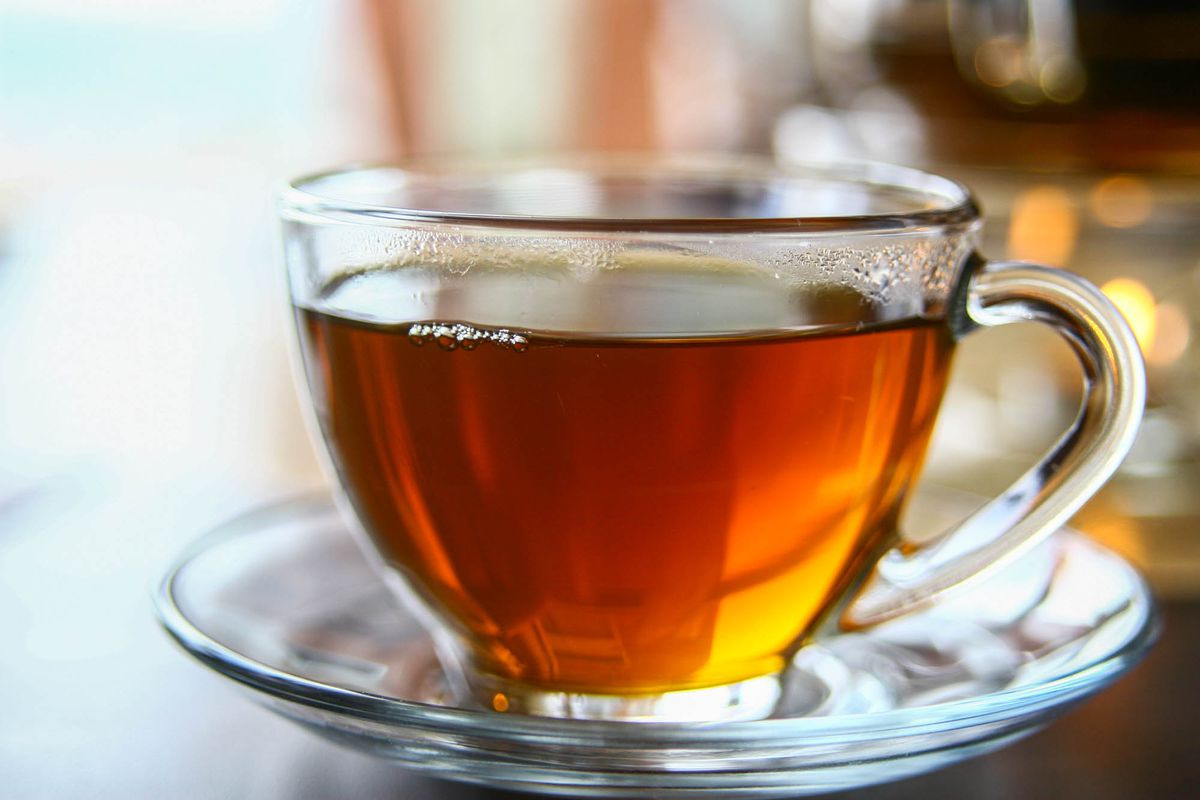Using the Method taught me that tea represents a way of understanding Chinese culture and why tea is so important to China. Throughout the poems, there was contrast, or binaries, that described both negative and positive aspects of tea. In one of the poems, the quote, “all the inequities I have suffered,” (Lu Tong) aims to show how tea can remind people about unsettling events. On the other hand, the quote, “person who lives on rocks and sleeps in clouds,” (Liu Yuxi) represents a heavenly attitude as sleeping on clouds sounds like a dream, where living on rocks sounds more boring. These examples express the idea that drinking tea can represent both the happy and unhappy experiences. Additionally, the quote, “keeping out worldly visitors,” (Lu Tong) represents an aspect of Chinese culture, when the Chinese built the Great Wall of China to keep the Mongols away. It also suggests that tea can bring back bad memories of invasions in China, and shows how tea may not be welcoming, even though China intended tea to be a welcoming beverage. In contrast, a couple of poems used imagery about flesh and bones. The quotes, “tea will nourish the muscles and bones” (Li Bai), and “fifth bowl purifies the flesh and bones,” (Lu Tong) illustrate that the muscles and bones might absorb the tea and that is what allows us to savor tea. Originally, I interpreted this as that tea actually infects or ruptures bones, muscles and skin, highlighting that as a negative of tea. In comparison to how the poems use binaries and similarities, they also use many strands that help further illustrate constraints regarding tea. For example, the word “monastery” (Li Jiayou & Jiaoran Drinking Tea with the Recluse Lu Yu on Double Ninth) highlights the fact that Chinese authorities are responsible for approving tea flavors and then sending tea through China. This is important because certain tea flavors and colors represent positive aspects to Chinese culture, such as green tea. The words, “transcendent rat,” (Li Bai) and “palms,” (Li Bai) highlight the idea that tea represents power and Chinese patriotism. Finally, the word “Cold” (Song of [Mount] Guzhu) represents the idea that many of the places in China where tea was made were cold.

Works Cited
Bai, Li. “Responding to a gift of Transcendent’s Palm tea from Yuquan sent by my nephew the monk Zhongfu, with preface.”
Falkowitz, Max. 2021. Everything you need to know about different types of tea. Food and Wine. https://www.foodandwine.com/tea/different-types-of-tea
“Jiaoran Drinking Tea with the Recluse Lu Yu on Double Ninth”
Jiayou, Li. “An autumn morning’s tea banquet at the Eastern peak by Zhaoyin monastery, sending off my wife’s younger brother Yan Bojun on his return to Jiangzhou.”
“Song of [Mount] Guzhu”
Tong, Lu. “Written in haste to thank Imperial Censor Meng for his gift of freshly picked tea.
Yuxi, Liu. “Song of sampling tea at the monastery of Western Mountain.”